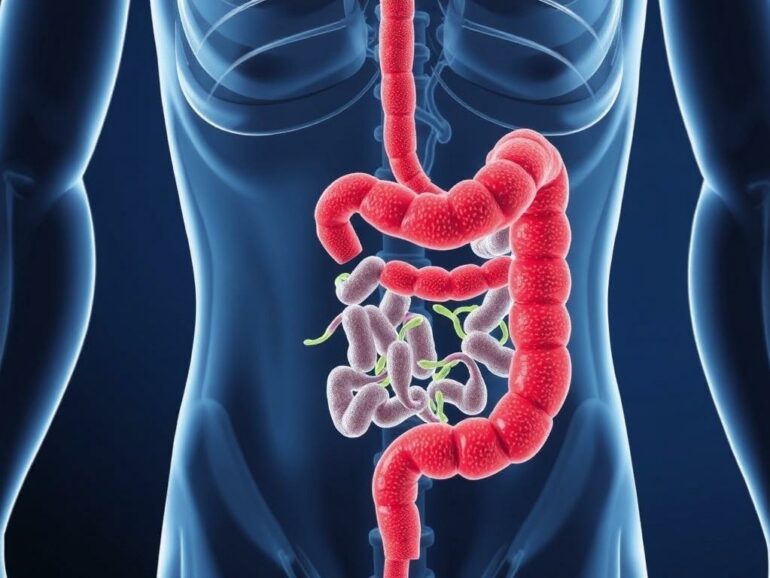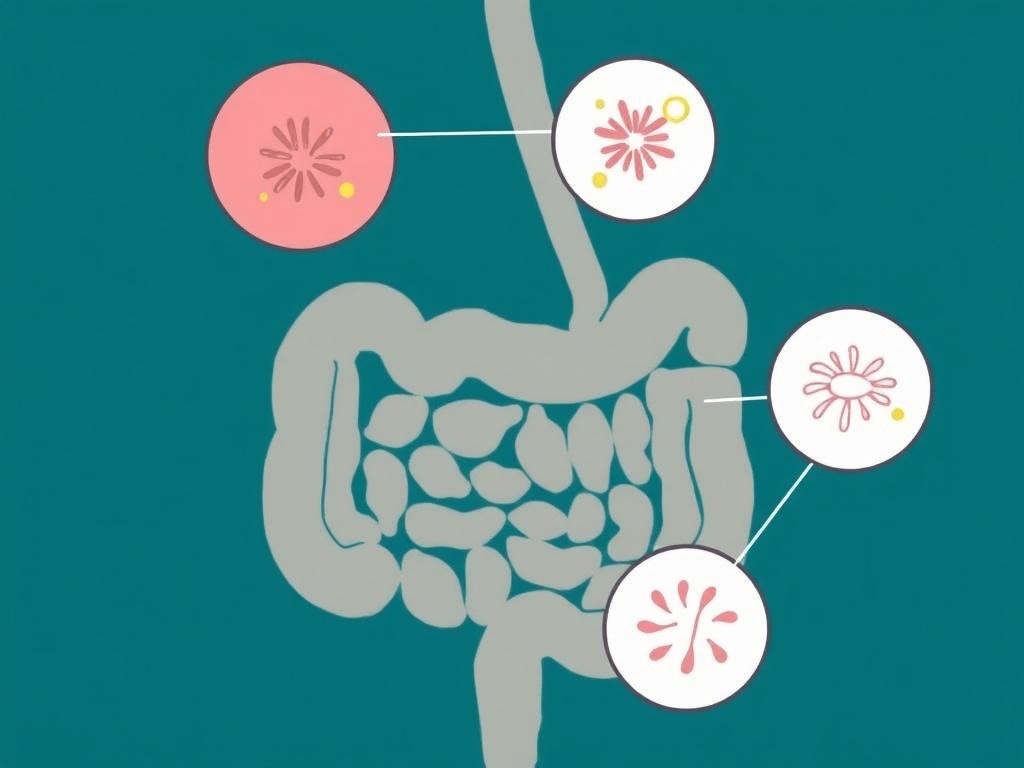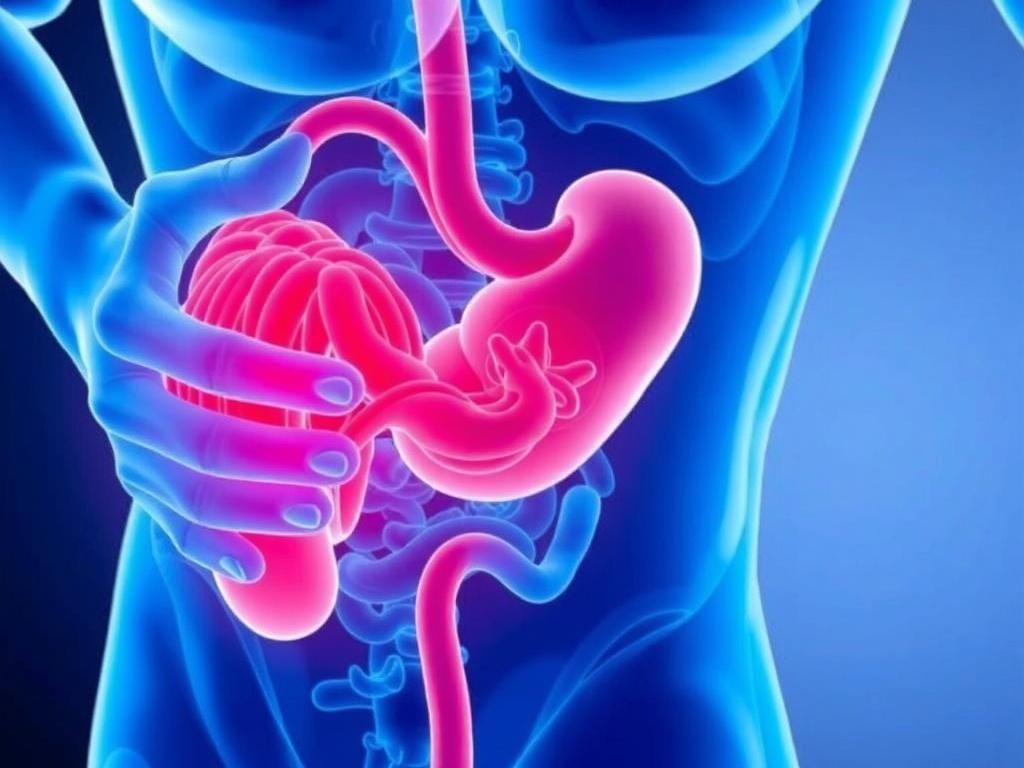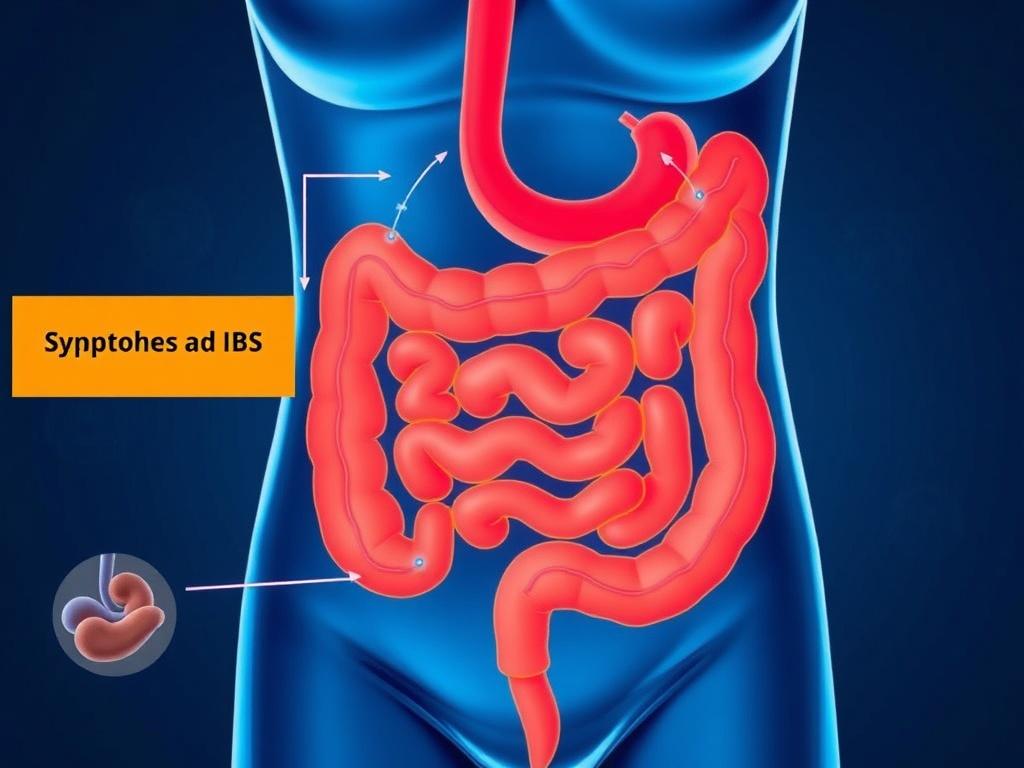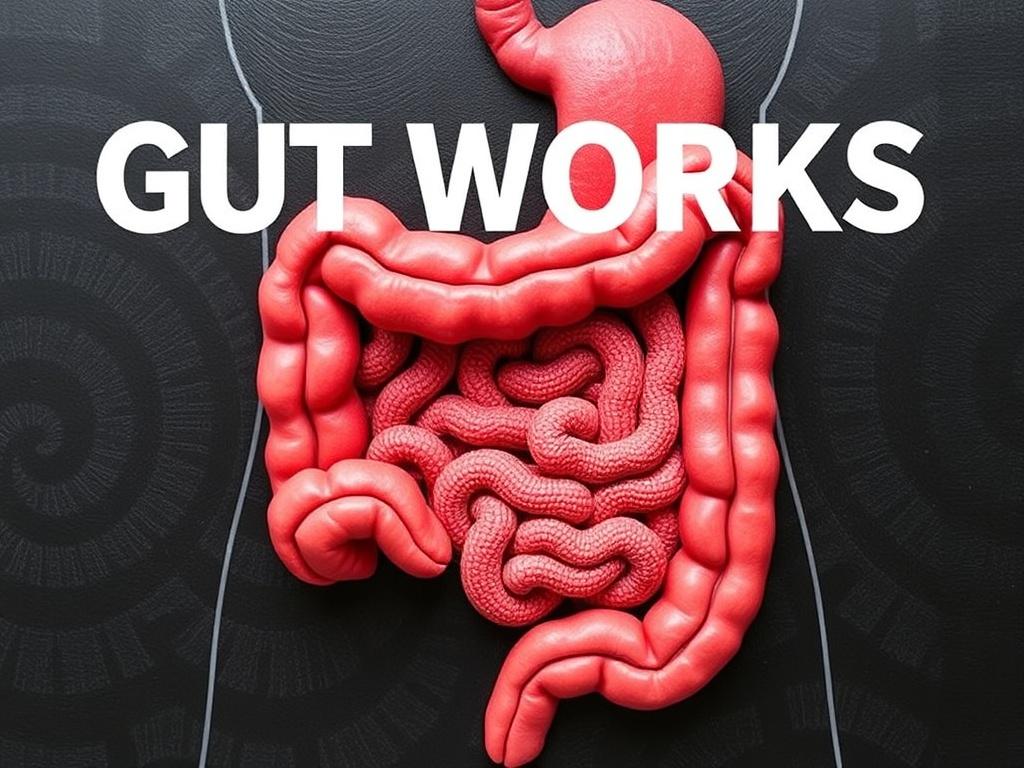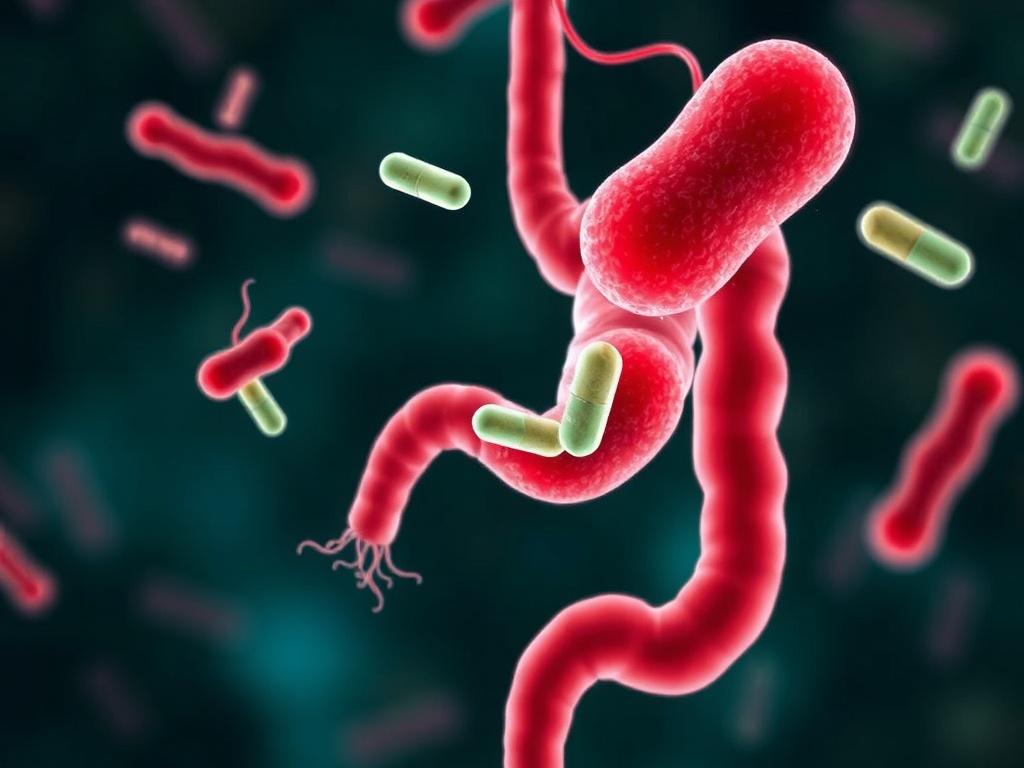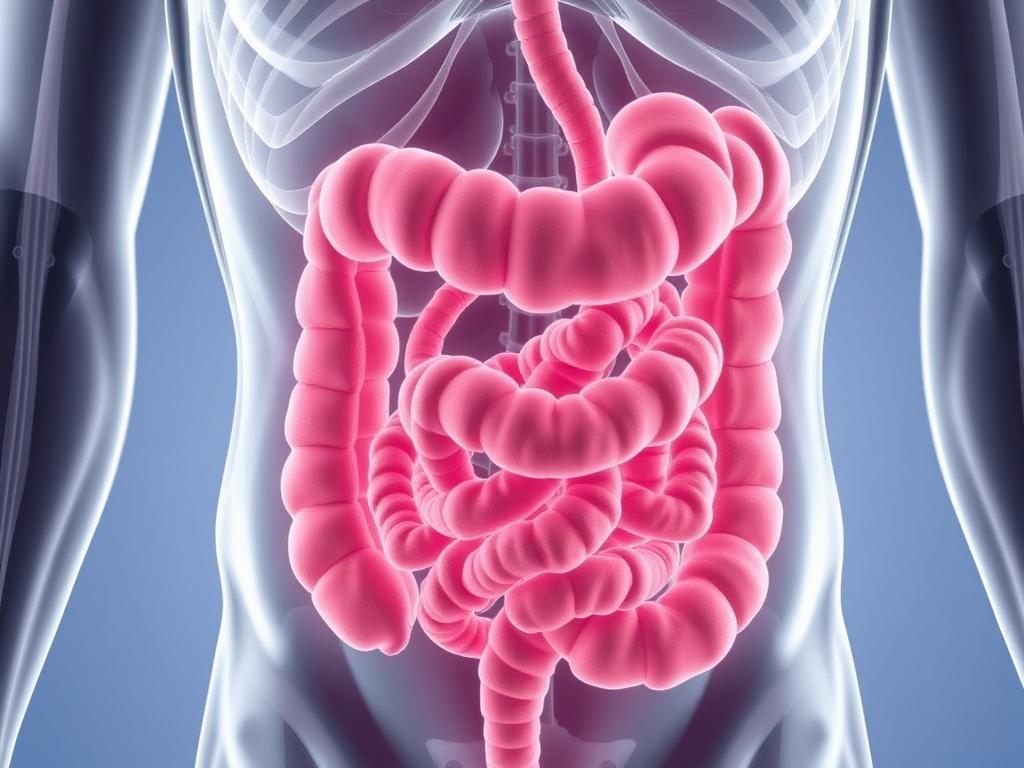Have you ever experienced persistent bloating, abdominal pain, or digestive discomfort that just won’t go away? Sometimes, these unsettling symptoms can be linked to a condition that many people have never even heard of: Small Intestinal Bacterial Overgrowth, commonly known as SIBO. While bacteria are essential for our gut health, having too much of the wrong bacteria in the small intestine can cause a host of problems. In this article, we’ll explore what SIBO really is, why it happens, how it’s diagnosed, and what effective treatments are available. Whether you’re just curious or suspect you might have this condition, this comprehensive guide will walk you through everything you need to know.
What is Small Intestinal Bacterial Overgrowth (SIBO)?
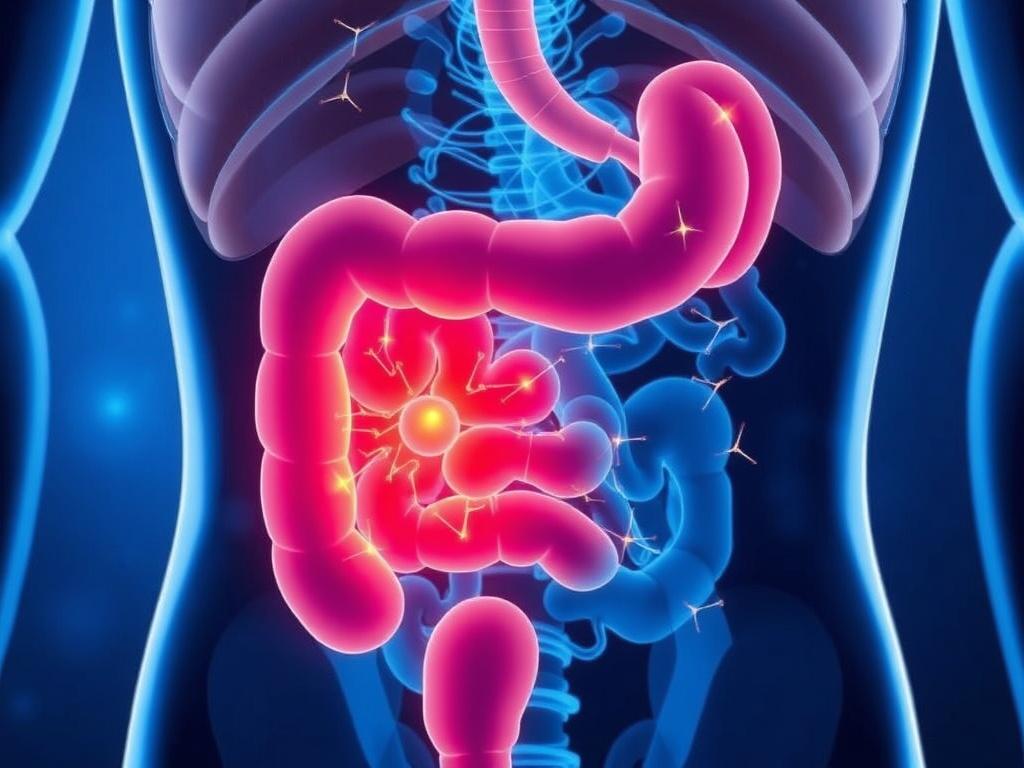
The human digestive system is home to trillions of bacteria, mostly residing in the colon or large intestine, where they play a crucial role in breaking down food and producing vitamins. However, the small intestine typically has relatively few bacteria compared to the large intestine, as its primary function is to absorb nutrients efficiently. In the case of Small Intestinal Bacterial Overgrowth (SIBO), there is an abnormal increase in the number of bacteria in the small intestine, especially those normally found in the colon.
These excessive bacteria interfere with the normal digestion and absorption process, resulting in symptoms that can severely impact quality of life. SIBO can sometimes be confused with other digestive disorders like irritable bowel syndrome (IBS), celiac disease, or lactose intolerance because of overlapping symptoms. Understanding SIBO is the first step toward managing it effectively.
The Role of the Small Intestine and Its Natural Defenses
The small intestine is designed to keep bacteria at bay in several ways. First, stomach acid helps kill many bacteria before they reach the small intestine. Secondly, a strong muscular wave called the migrating motor complex (MMC) sweeps through the intestine during fasting periods, clearing out bacteria and food particles. Lastly, the ileocecal valve, located at the junction between the small and large intestine, prevents backflow of bacteria from the large intestine.
When one or more of these natural defenses fails — due to illness, surgery, or other factors — bacteria can proliferate in the small intestine, leading to SIBO.
Causes and Risk Factors of SIBO
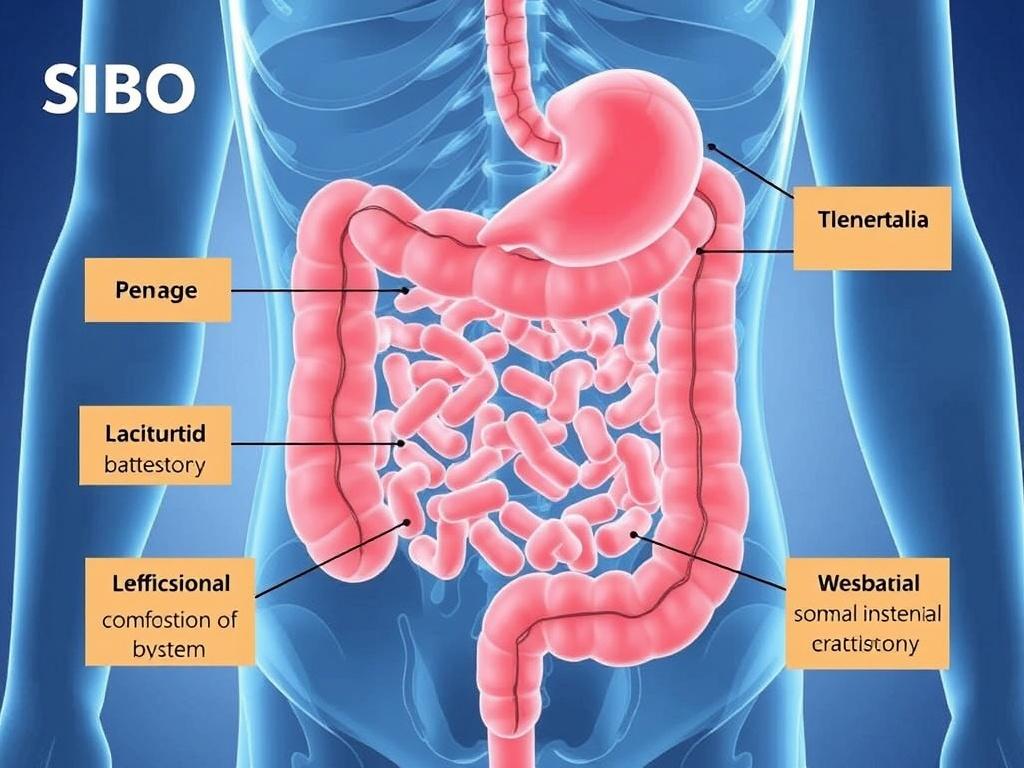
Several underlying conditions and lifestyle factors can predispose someone to develop SIBO. The overgrowth of bacteria in the small intestine usually arises when normal digestive mechanisms are disrupted. Here are some common causes and risk factors to consider:
- Motility Disorders: Conditions that slow down the movement of the small intestine, such as diabetic neuropathy or scleroderma, allow bacteria to stagnate and multiply.
- Structural Abnormalities: Post-surgical changes like adhesions or blind loops in the intestine can create pockets where bacteria gather unchecked.
- Low Stomach Acid: Use of proton pump inhibitors (PPIs) or other acid-suppressing medications reduces the acid barrier, promoting bacterial overgrowth.
- Ileocecal Valve Dysfunction: If this valve malfunctions, bacteria from the large intestine can reflux back into the small intestine.
- Immune System Disorders: Weakened immunity can impair the body’s ability to regulate bacterial growth.
- Chronic Pancreatitis: Reduced pancreatic enzyme secretion may impair digestion, favoring bacterial growth.
Knowing these causes can help physicians and patients alike identify potential risk factors and address them to prevent SIBO or reduce its severity.
Common Symptoms of SIBO
SIBO symptoms can vary widely depending on the severity and underlying cause, but most people experience gastrointestinal distress. It’s important to note that symptoms often come and go, leading to delays in diagnosis. The most commonly reported symptoms include:
- Bloating and abdominal distension
- Excessive gas and flatulence
- Diarrhea or sometimes constipation
- Abdominal pain or cramping
- Fatigue and weakness
- Unintentional weight loss
- Malnutrition symptoms like vitamin deficiencies
Because SIBO interferes with nutrient absorption, some individuals may develop deficiencies in iron, vitamin B12, and fat-soluble vitamins (A, D, E, and K). These deficiencies can lead to additional symptoms such as anemia, neuropathy, or bone weakening over time.
How is SIBO Diagnosed?
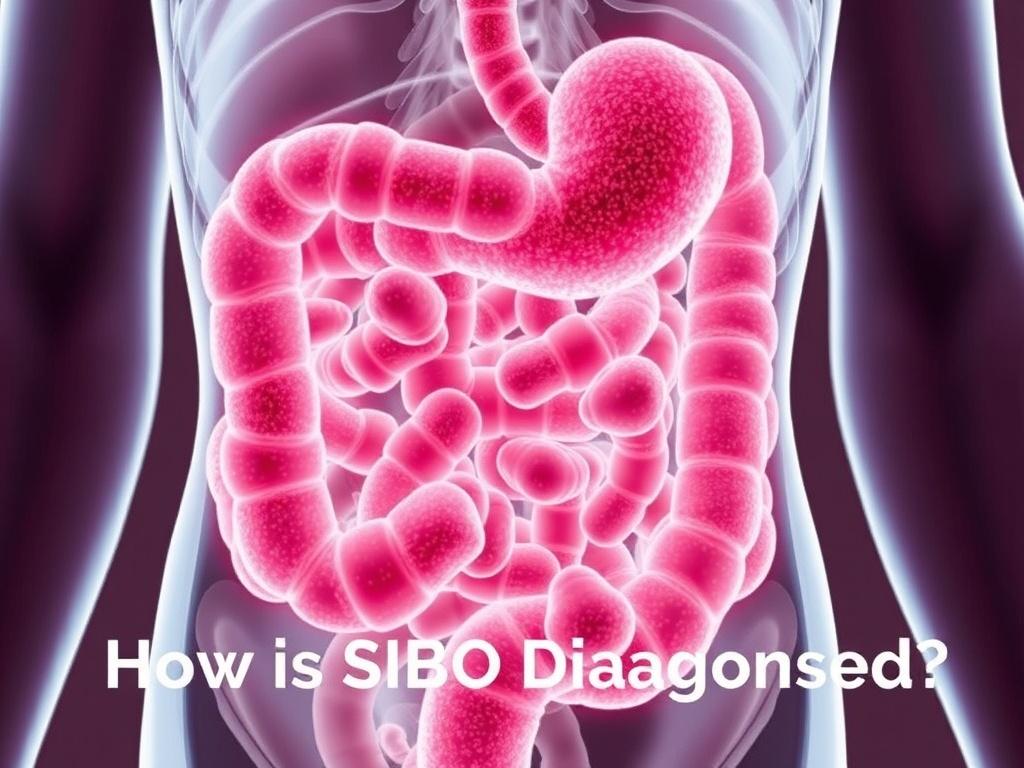
Diagnosing Small Intestinal Bacterial Overgrowth (SIBO) can be tricky since its symptoms overlap with other digestive disorders. However, several tests help identify bacterial overgrowth in the small intestine.
Breath Tests
The most commonly used diagnostic tool for SIBO is the breath test, which measures gases produced by bacteria fermenting sugars in the digestive tract. Two types of breath tests are commonly administered:
- Lactulose Breath Test: Since lactulose is not absorbed by the small intestine, bacteria ferment it producing hydrogen or methane gases that can be detected in the breath.
- Glucose Breath Test: Glucose is absorbed quickly, so this test detects overgrowth closer to the stomach.
The patient drinks a sugar solution, then breath samples are collected every 15 to 20 minutes over several hours to gauge gas levels. Increased levels of hydrogen or methane indicate bacterial overgrowth.
Other Diagnostic Methods
Though breath tests are the standard, they aren’t perfect. Occasionally, direct sampling of small intestine fluid via endoscopy is needed—this method identifies bacterial counts in jejunal fluid but is invasive and less commonly done.
Additional tests such as blood tests to measure vitamin deficiencies, stool tests for fat malabsorption, or imaging studies to look for anatomical abnormalities might also help in assessing the extent and cause of SIBO.
Treatment Options for SIBO
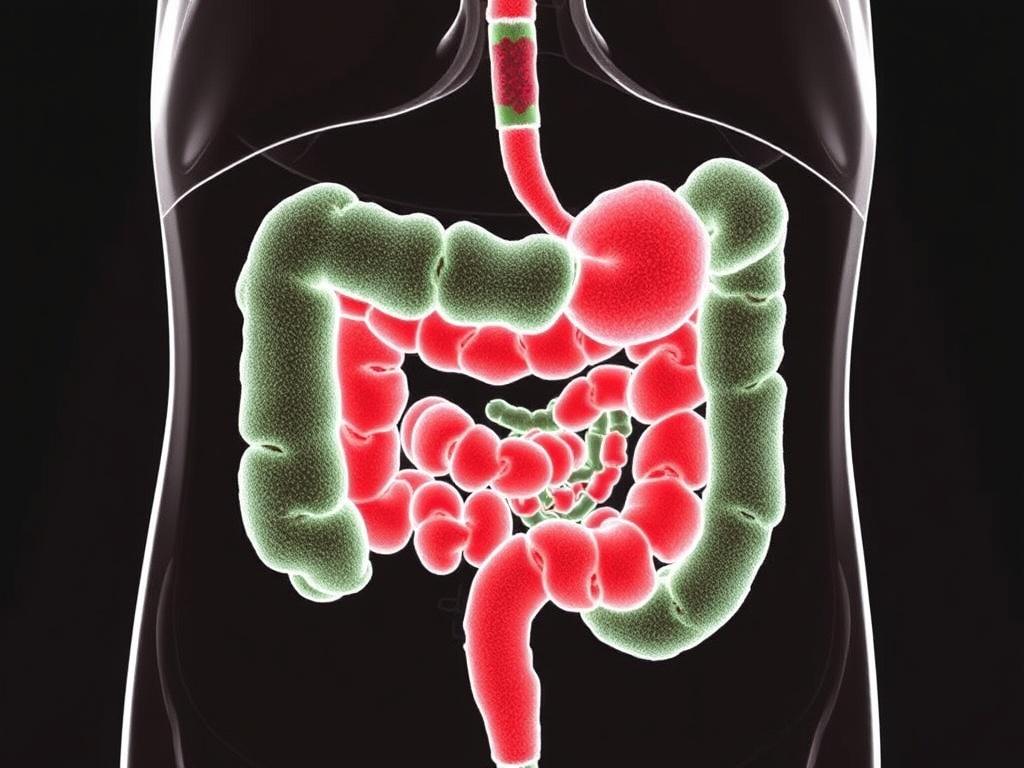
Once diagnosed, treating Small Intestinal Bacterial Overgrowth involves multiple approaches aimed at reducing bacterial overgrowth, restoring normal gut function, and addressing underlying causes.
Antibiotic Therapy
The primary treatment for SIBO is a course of antibiotics specifically targeted at gut bacteria. Commonly prescribed antibiotics include rifaximin, metronidazole, and ciprofloxacin. Rifaximin is often preferred because it remains mostly within the gastrointestinal tract, reducing systemic side effects.
Dietary Modifications
Diet plays a crucial role in managing SIBO symptoms. Since fermentable carbohydrates feed bacteria, limiting foods high in these substances can reduce bacterial fermentation and gas production.
Many patients find relief following diets such as:
- Low FODMAP Diet: This diet reduces fermentable oligosaccharides, disaccharides, monosaccharides, and polyols, which are short-chain carbohydrates that gut bacteria love.
- Specific Carbohydrate Diet (SCD): Focuses on eliminating complex carbohydrates to starve bacteria.
- Elemental Diet: A liquid diet consisting of easily absorbed nutrients, used in severe cases to effectively starve bacteria.
Addressing Underlying Causes
Simply eradicating bacteria isn’t enough if the underlying problem persists. Treatments might include:
- Improving motility through prokinetic agents to stimulate intestinal muscle activity
- Adjusting gastric acid levels if PPIs are overused
- Correcting anatomical issues surgically if needed
- Supporting immune function with appropriate therapies
Complications Associated with Untreated SIBO
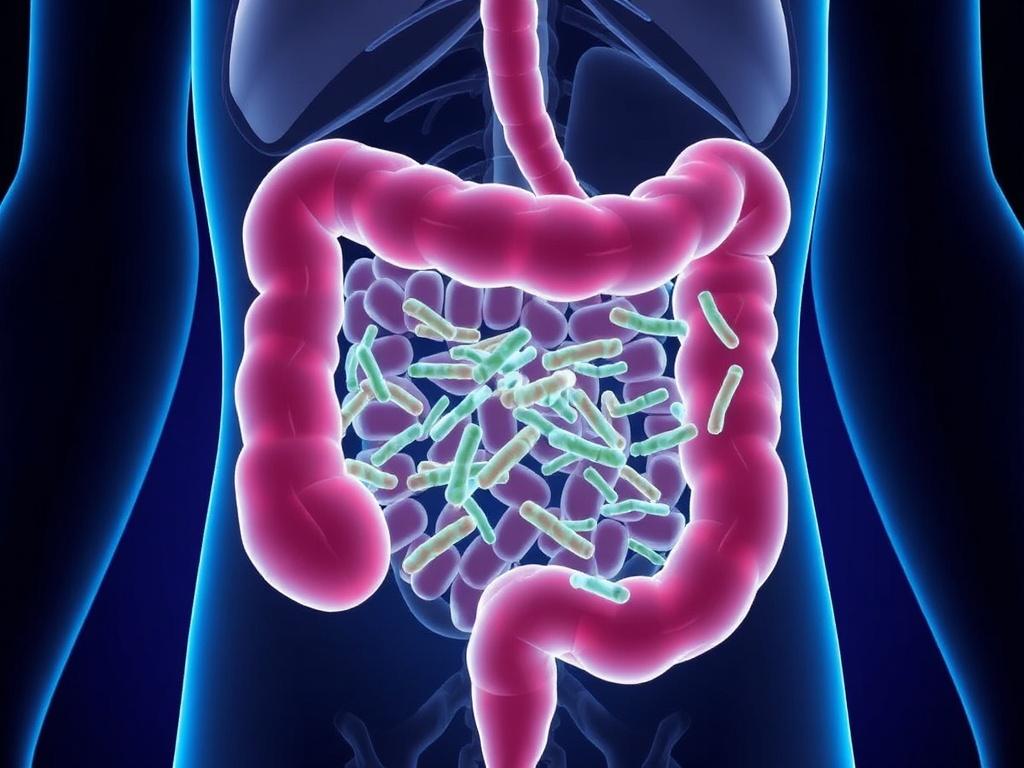
If left unmanaged, SIBO can cause significant health issues. The bacterial overgrowth leads to malabsorption of key nutrients, potentially resulting in:
| Complication | Description |
|---|---|
| Vitamin B12 Deficiency | Bacteria consume vitamin B12, leading to anemia and neurological symptoms. |
| Fat Malabsorption | Excess bacteria damage bile acids, impairing fat absorption and causing steatorrhea (fatty stools). |
| Weight Loss and Malnutrition | Malabsorption may lead to unintended weight loss and general weakness. |
| Intestinal Inflammation | Chronic bacterial overgrowth can provoke inflammation, worsening symptoms. |
| Increased Risk of Intestinal Permeability | Also known as ‘leaky gut,’ this can trigger systemic immune responses and other health conditions. |
Living with SIBO: Lifestyle Tips and Prevention

Beyond medical treatment, lifestyle changes can improve long-term outcomes and reduce the recurrence of SIBO. Here are practical tips anyone with SIBO can apply:
- Eat smaller, more frequent meals: This supports the migrating motor complex, helping clear bacteria between meals.
- Stay hydrated: Adequate water intake keeps digestion smooth.
- Manage stress: Stress negatively affects gut motility and immunity.
- Avoid unnecessary antibiotics and acid suppressants: These can disrupt gut balance.
- Incorporate probiotics carefully: Some strains may help restore healthy balance, but consult a healthcare provider first.
- Regular follow-ups: Monitoring symptoms and nutritional status helps catch recurrences early.
The Role of Probiotics in SIBO Management
The use of probiotics in SIBO treatment is a topic of ongoing debate. While probiotics introduce beneficial bacteria intended to balance the gut microbiome, they may exacerbate symptoms in some patients by increasing bacterial load. Probiotic strains like Lactobacillus and Bifidobacterium might help, but should always be used under medical supervision. Personalized approaches yield the best results.
When to See a Doctor
If you experience persistent digestive symptoms such as bloating, gas, changes in stool patterns, unexplained weight loss, or vitamin deficiency signs, it’s essential to seek medical advice. An early diagnosis of SIBO can prevent complications and improve quality of life significantly.
Summary: Key Facts About Small Intestinal Bacterial Overgrowth (SIBO)
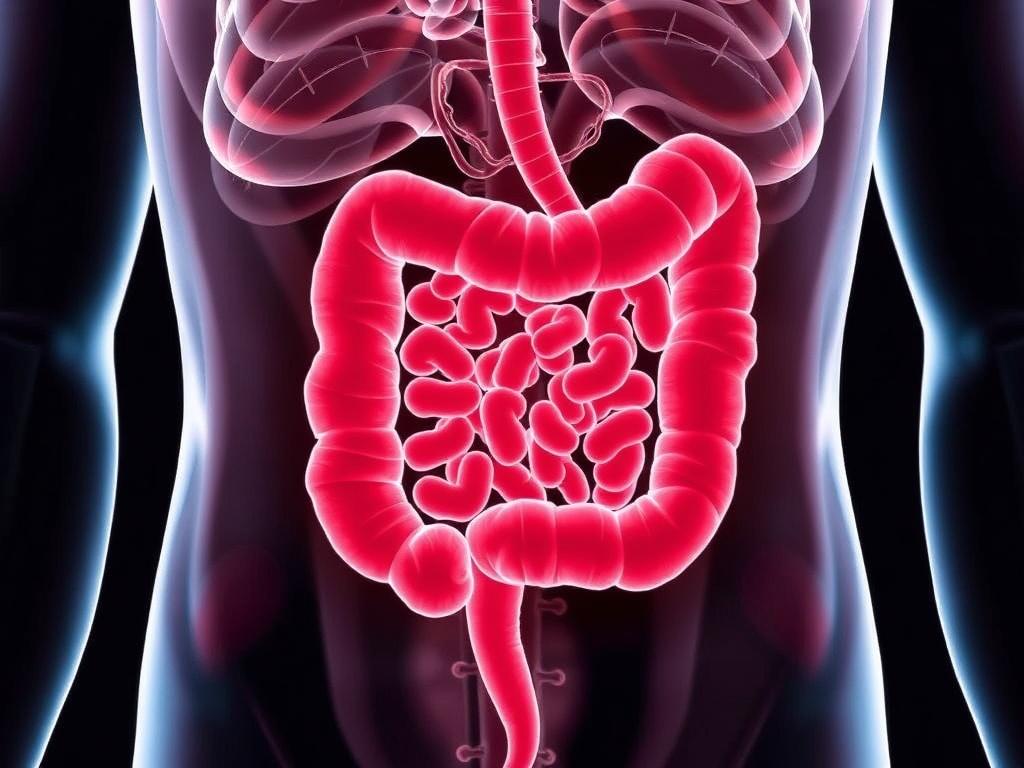
| Aspect | Information |
|---|---|
| Definition | Abnormal proliferation of bacteria in the small intestine causing digestive symptoms |
| Main Causes | Motility disorders, structural abnormalities, low stomach acid, immune dysfunction |
| Common Symptoms | Bloating, gas, diarrhea, abdominal pain, fatigue, malnutrition |
| Diagnostic Tools | Breath tests (lactulose or glucose), jejunal aspirate, blood tests |
| Treatment | Antibiotics, dietary changes, prokinetics, addressing underlying causes |
| Prevention Tips | Support digestive motility, balanced diet, stress management, careful use of medications |
Conclusion
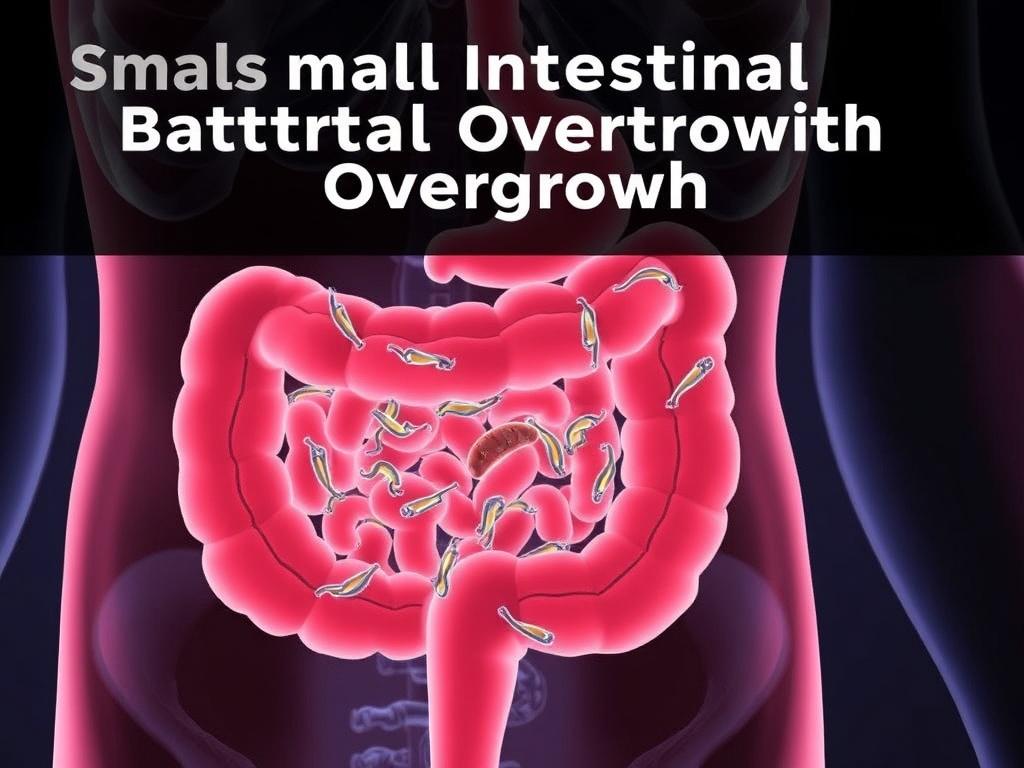
Small Intestinal Bacterial Overgrowth (SIBO) is a complex but manageable condition that affects many people who struggle with chronic digestive symptoms. By understanding how SIBO develops, recognizing its diverse symptoms, and knowing the available diagnostic and treatment options, patients can take proactive steps towards better digestive health. While treatment often involves antibiotics and dietary changes, addressing underlying causes and adopting supportive lifestyle habits are equally critical for long-term success. If you suspect you may have SIBO, consulting a healthcare professional is vital to get an accurate diagnosis and personalized care plan. With the right approach, you can overcome the challenges of SIBO and improve your quality of life dramatically.
Читайте далее: